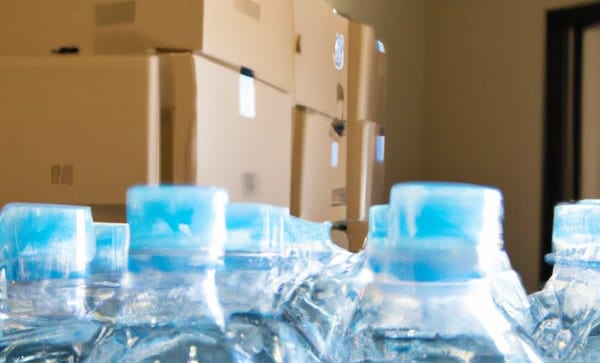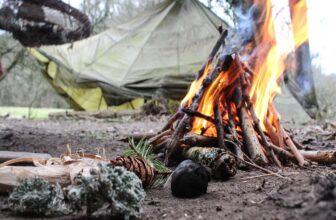
Prepping, or preparedness, is the act of preparing for a disaster, such as a natural disaster or civil unrest. Preppers typically stock up on food, water, and other supplies in case of an emergency.
There are several reasons why people might choose to prep. Some people do it because they are concerned about the possibility of a major disaster. Others do it because they want to be more self-sufficient. And still, others do it because they believe that it is their civic duty to be ready for anything.
Why is prepping important?
There are many reasons why prepping is a reasonable thing to do. First, it is important to remember that disasters do happen. In fact, according to the American Federal Emergency Management Agency (FEMA), there are an average of 10,000 disasters declared each year in the United States. These disasters can range from small events, such as floods and power outages, to large-scale events, such as hurricanes and earthquakes.
Second, even if you are not directly affected by a disaster, you may still be impacted by it. For example, if there is a hurricane that strikes a major city, you may have difficulty getting food, water, and other supplies. By prepping, you can ensure that you are prepared for these types of events. Third, prepping can give you peace of mind.
Should prepping be different in different parts of the world?
The answer is – yes. The type of prepping that is appropriate for one part of the world may not be appropriate for another part of the world. For example, people who live in areas that are prone to natural disasters, such as hurricanes or earthquakes, will need to prepare differently from people who live in areas that are not prone to these types of disasters.
Should prepping be different in different types of living?
The answer to this question is also yes. The type of prepping that is appropriate for people who live in cities may not be appropriate for people who live in rural areas. For example, people who live in cities may need to focus on prepping for things like power outages and food shortages. People who live in rural areas may need to focus on prepping for things like wildfires and floods.



